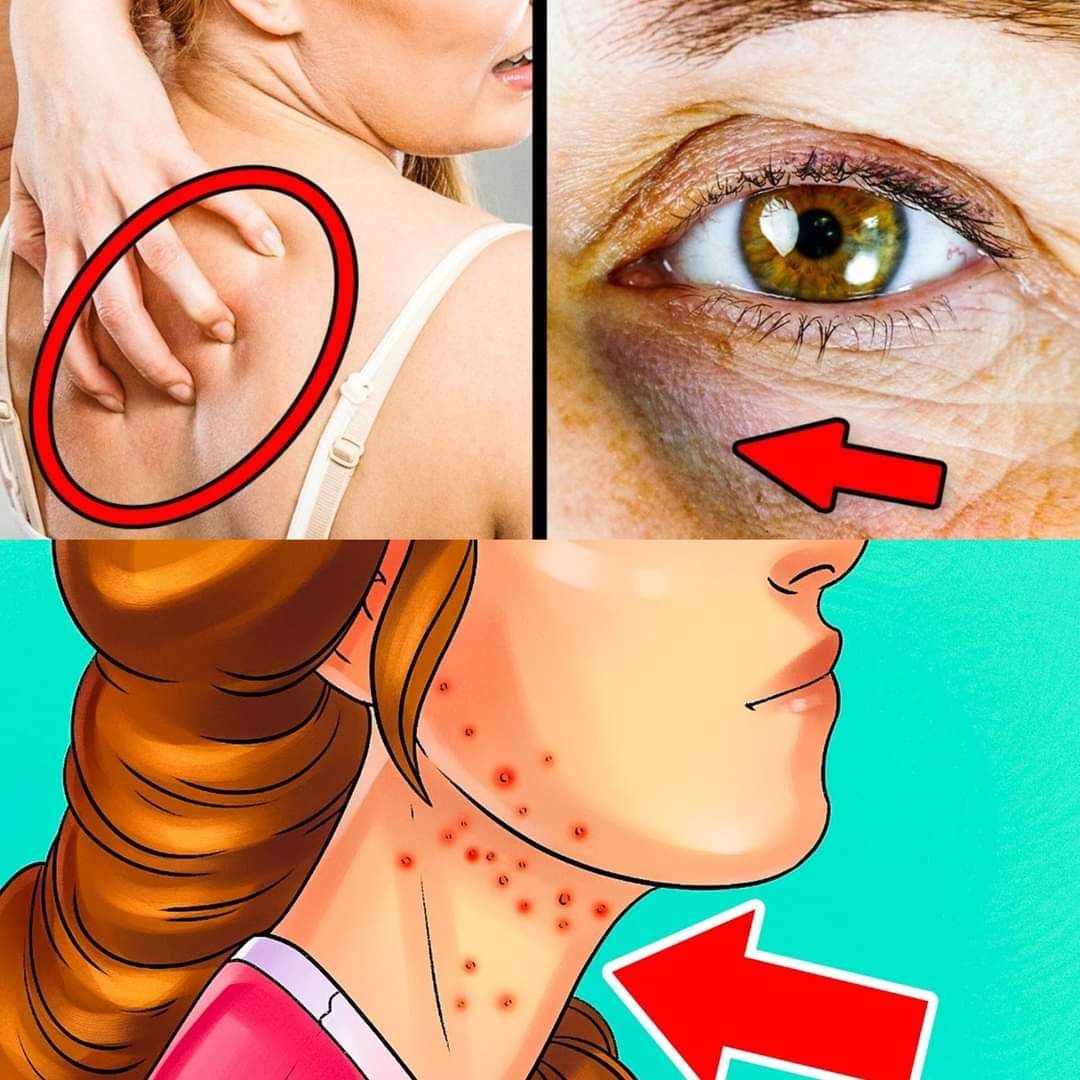10 Signs You Might Be Consuming Too Much Sugar
When it comes to maintaining excellent health, reducing the amount of sugar that you consume is essential; yet, it can be difficult to recognize when you are eating too much sugar. Listed below are ten indications that your body may be trying to advise you to reduce the amount of sweet things you consume:
Cravings for Sweet Foods: Regularly consuming high amounts of sugar can lead to a cycle of cravings. If you find yourself constantly reaching for sweet treats, it could be a sign of sugar dependency.
Energy Slumps: If you experience a significant drop in energy levels a few hours after eating, it could be due to the rapid rise and fall of blood sugar levels that sugary foods often cause.
Weight Gain: Sugar is high in calories and can lead to weight gain, especially if it’s consumed in large amounts. It’s also linked to increased fat storage, particularly around the midsection.
Skin Issues: Excess sugar can trigger skin issues. If you notice frequent breakouts or worsening skin conditions, your sugar intake could be a contributing factor.
Dental Problems: Sugar is a leading cause of tooth decay and gum disease. Frequent cavities or dental issues might be a sign that you’re consuming too much sugar.
Mood Swings: High sugar consumption can impact your mood. If you find your mood fluctuating, especially after meals, it might be related to blood sugar spikes and crashes.
Frequent Colds or Infections: Sugar can suppress the immune system and make you more susceptible to colds and other infections. If you’re getting sick often, consider evaluating your sugar intake.
Difficulty Sleeping: Consuming sugar, especially late in the day, can lead to spikes in energy that disrupt your ability to fall asleep or stay asleep.
Increased Thirst: High blood sugar levels can lead to dehydration and an increased sense of thirst. If you’re often thirsty, it could be a sign that your sugar intake is too high.
Brain Fog: Sugar can impact cognitive function, leading to difficulties with concentration and memory. If you’re experiencing brain fog, sugar might be affecting your mental clarity.
The Next Steps to Try If you recognize more than a few of these symptoms, you should think about cutting back on your sugar consumption. In the beginning, you should reduce your consumption of apparent sources such as sweets and drinks. Additionally, you should look for hidden sugars in processed foods. Making changes to your diet in stages might help you feel more comfortable with the transition and enhance your overall health.

